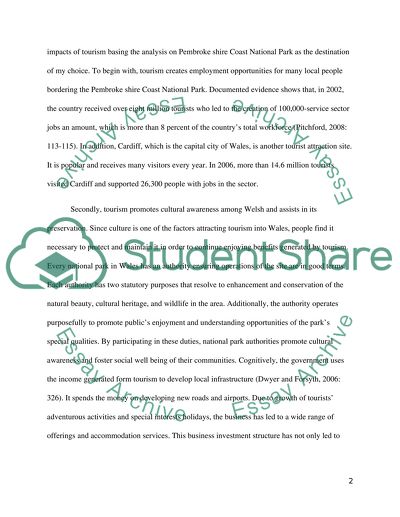Cite this document
(“Sustainable tourism practice and planning Essay”, n.d.)
Retrieved from https://studentshare.org/tourism/1446591-sustainable-tourism-practice-and-planning
Retrieved from https://studentshare.org/tourism/1446591-sustainable-tourism-practice-and-planning
(Sustainable Tourism Practice and Planning Essay)
https://studentshare.org/tourism/1446591-sustainable-tourism-practice-and-planning.
https://studentshare.org/tourism/1446591-sustainable-tourism-practice-and-planning.
“Sustainable Tourism Practice and Planning Essay”, n.d. https://studentshare.org/tourism/1446591-sustainable-tourism-practice-and-planning.


